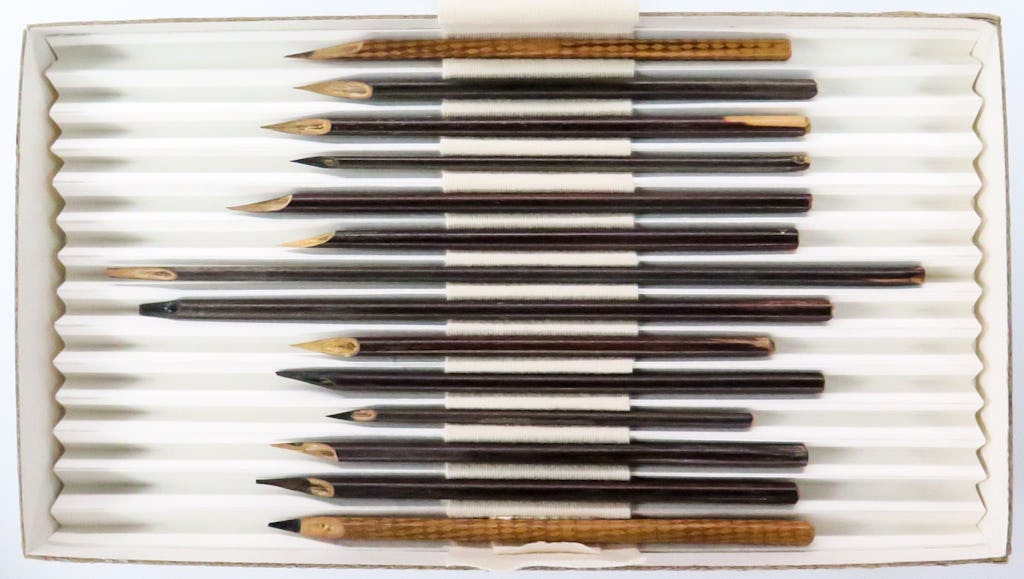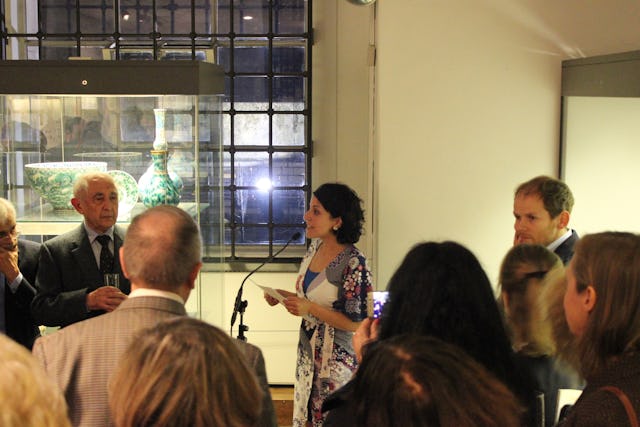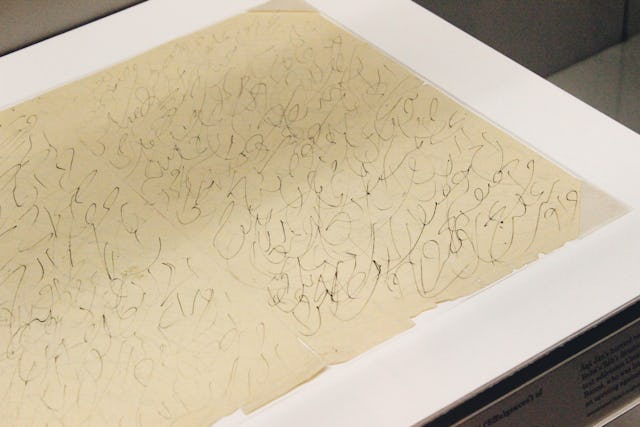Exhibition of Baha’u’llah’s writings opens at British Museum
LONDON — The British Museum is showing rarely-seen original handwriting of Baha’u’llah, as well as other archival items associated with His life, in commemoration of the 200th anniversary of His birth, which was celebrated around the world on 21 and 22 October.
The exhibition opened on Monday 6 November during a reception, attracting over 100 people and bringing together representatives from academia, the arts, and the media.
One of the central themes of the exhibition is the power of the Word, which refers to divine revelation, a concept fundamental to the origins of all the world’s great faiths.
Reflected in His many writings, Baha’u’llah’s revelation addresses a vast array of subjects, ranging from the ethical and moral dimensions of the life of the individual to the societal principles and practices that can enable humanity to transition to the next stage of its collective development—the emergence of world civilization.
The exhibition’s introductory panel reads, “Baha’u’llah (‘Glory of God’) wrote over 100 volumes of text setting out his vision for humanity: to build a world of peace and justice. Baha’u’llah taught that the ‘Word,’ as revealed to the founders of all the great faiths, could inspire humans to transform society and establish great civilisations.”
In His lifetime, Baha’u’llah’s writings were recorded as they were revealed. In some instances, Baha’u’llah, in masterful calligraphy, wrote with His own hand some of the sacred verses that constitute His vast body of writings.
“It is quite remarkable to think that such a simple instrument as the reed pen of Baha’u’llah...was the means through which He set out His vision for a united humanity.”
—Representative of the UK Baha’i community
Often, Baha’u’llah would recite verses aloud, and these would be transcribed by secretaries. Eyewitness accounts of individuals who observed the manner by which Baha’u’llah’s writings were revealed shed light on the extraordinary nature of these works. To keep up with the large volume of verses, secretaries would rapidly transcribe His words in an often illegible handwriting that only they could read, referred to as “Revelation Writing.” The exhibition includes an example of these original texts.
Later, these texts would be rewritten, at times requiring Baha’u’llah to decipher them, before a final copy was ready to be shared. Baha’u’llah’s writings spread far and wide across the Ottoman and Persian lands and further afield, reaching to the Far East.
The display in the British Museum’s John Addis Gallery will be open to the public until 22 January 2018. During a period of worldwide celebrations honoring the bicentenary of the birth of Baha’u’llah, the British Museum exhibition opens another window into His extraordinary life and works and the immeasurable influence that His Word has had on the world.


